(an excellent description written by Matt Fitzgerald on the fascination with endurance sports) The term "overdetermined" applies to phenomena that have more than enough causes to explain their existence. In other words, an overdetermined phenomenon is one that might still exist even if you subtracted one or more of its apparent causes.
The potency of the dream of qualifying for the Hawaii Ironman is probably one such phenomenon. At least that's what I believe after interviewing Michael Atkinson, PhD, a sociologist at England's Loughborough University whose research focuses on explaining why endurance athletes train and race. I contacted Atkinson last week specifically to ask for his take on why so many men and women around the world get caught up in the quest for Kona. Atkinson, I found, approaches the question in slightly different terms, more like, "Why did the Hawaii Ironman catch on after its inaugural staging in 1978?" He places the birth and growth of this event in the context of the broader individual and extreme sports explosion that popularized everything from windsurfing to mountain biking at about the same time.
Atkinson, who became a distance runner and a triathlete himself for the sake of his ethnographic work, sees a laundry list of factors ranging from the rapid growth of the service sector economy to the landmark women's sports opportunity legislastion, Title IX, factoring into the phenomenon. He calls it a "perfect storm" of social and economic factors coming together.
I can't share too much of the interview because I'm using it in my book, Kona or Bust, which chronicles my individual quest for Kona as a vehicle to capture the universal essence of this overdetermined phenomenon. But here are a couple of choice excerpts:
I’m really fascinated with suffering. You don’t go into an Ironman thinking, Tra-la-la-la-la, this is going to feel fantastic. You know it’s going to ache. Learning to like that ache becomes part of the process. And if you want to look at why, most of the people who become engrossed with the long-distance events come from middle-class backgrounds and have middle-class work ethics and ideas about setting goals and about learning to achieve a sense of identity not only though the business and family things that they do but through leisure pursuits as well. So if I can set goals and train toward them and work my body toward them, that just reaffirms my identity elsewhere. I’m a person who can set goals, plan things out. I have will and determination, and that really sets me apart from the herd.
And what’s interesting to me too is that when I first got into these groups I expected to encounter a lot of arrogance, but I didn’t. There are really a lot of humble people who just really like doing what they do and enjoy that suffering. In our culture we are told that suffering is a bad thing, and you should never do it. But these people say to me that when you discover that suffering isn’t going to kill you, a lot of really important things about yourself are revealed to you. You learn a ton about who you are and what you’re capable of, not just physically but also mentally. This becomes a vehicle of self-exploration.
Thursday, May 21, 2009
Subscribe to:
Post Comments (Atom)
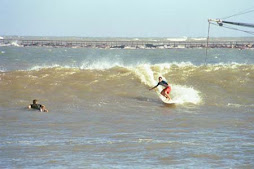







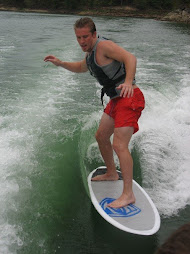
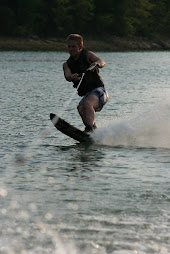
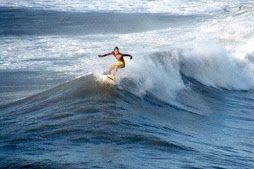

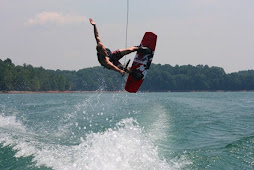
No comments:
Post a Comment